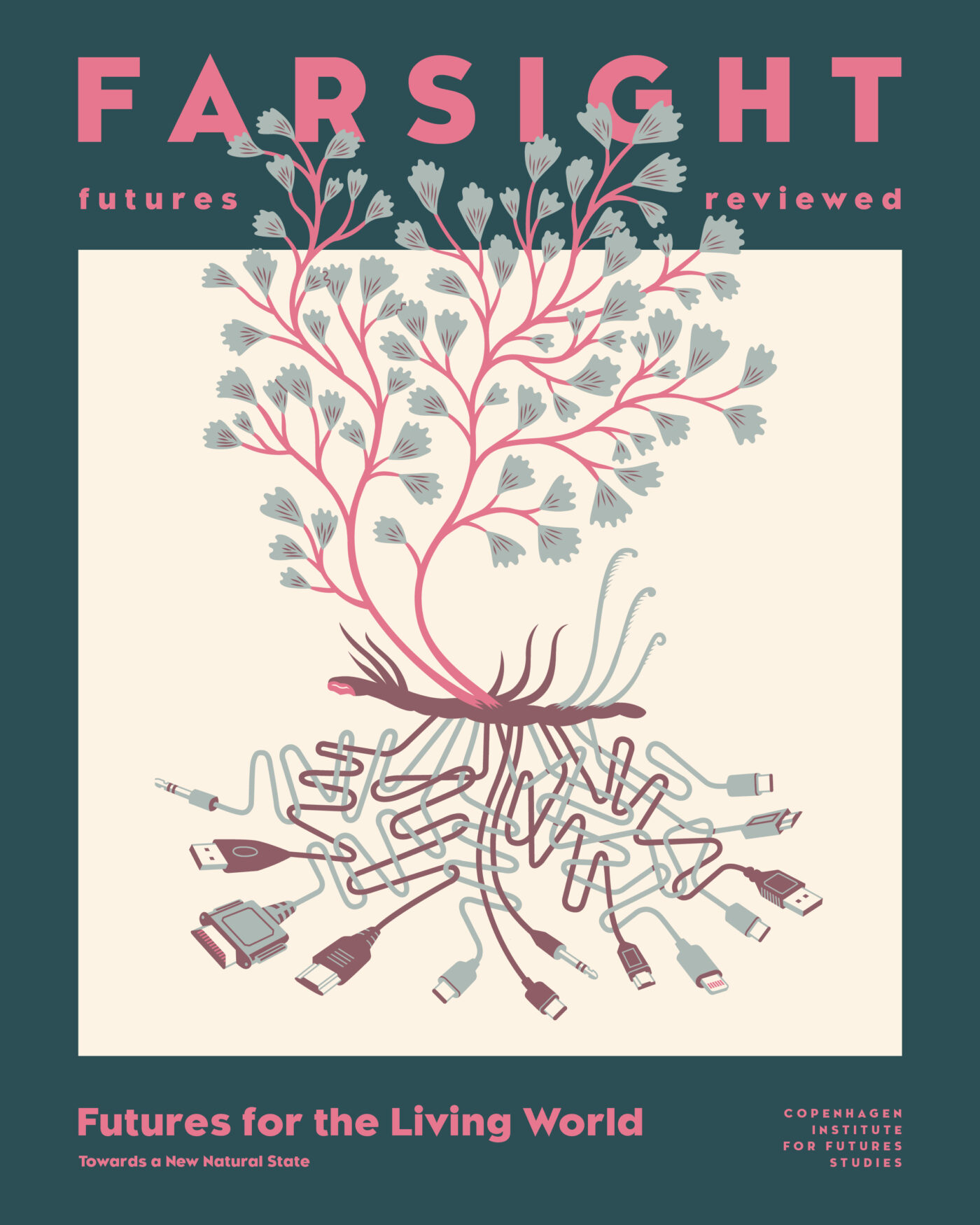
In turn, we use cookies to measure and obtain statistical data about the navigation of the users. You can configure and accept the use of the cookies, and modify your consent options, at any time.

Plastic Unlimited
A Q&A with Alice Mah, Professor of Sociology at the University of Warwick
Little discussed is the reality that once the world transitions away from fossil fuels for energy generation there will still be huge demand for oil. That’s because of the production of plastic which is set to become the largest demand on oil in the decades to come. The problem with plastic goes further, with the destruction of nature through the mass littering of the global ocean, as well as the subsequent ingestion of the stuff into our bodies via the food chain.

A new book, Plastic Unlimited, by Alice Mah takes a close look at the role of the petrochemical and plastic industry in perpetuating the role of plastic in our daily lives. Mah is Professor of Sociology at the University of Warwick, UK, with research interests in environmental justice, corporate power, and the politics of green industrial transformations. Her internationally recognised research on toxic pollution and the global petrochemical industry has been motivated by a deep concern with environmental justice. In her new book the author explores how petrochemical and plastic corporations have created various narratives to help solidify the role of plastic in our lives. By downplaying the negative effects of plastic on the environment and our health, and by claiming to take the circular economy seriously, these corporations have managed to fend off needed attention around the real problem of plastic production.
Our regular contributor, Conor Purcell, had the opportunity to interview Professor Mah for FARSIGHT, speaking by video call between Purcell’s home in County Donegal, Ireland, and the interviewee’s in the UK.
What exactly is the problem with plastic?
The problem is multifaceted, but it is primarily a waste issue. Plastics weren’t even really in existence as a mass consumer product until after the Second World War. Since then, we’ve seen this exponential rise of plastic production and use, exemplified by some astonishing figures like the five hundred billion plastic bottles produced each year. These volumes have risen exponentially and continue to do so.
The most visceral and tangible example of the problem is the gigantic accumulation of plastic in the oceans, which then finds its way into wildlife. The situation with plastic accumulating in fish is possibly the most alarming, not only because of the direct effects this has on ecosystems, but because we humans consume fish, and we know there are many health issues related to that. The production of plastic also has harmful health effects, including respiratory issues related to air pollution.
Despite this, we still rely heavily on plastic, and the industry has manufactured products in such a way that we can’t live without it. It is embedded in our material infrastructures; from the computer you are sitting at to the packaging of products in your fridge and at your local takeaway. It is absolutely everywhere. Will it be possible to remove this dependence in the future? I really don’t know.
Do you think the climate crisis has distracted us from the plastic problem?
Well, I think that at one time some climate scientists were definitely trying to point out that plastic, while a major issue, is a bit of a distraction from the climate crisis, which is a bigger issue. There really has been a bit of competition for bandwidth in some respects. I think there’s no question that climate is the existential threat of our times, but the point I’m trying to make in the book is that there are several overlapping, equally existential, kinds of threats.
The climate and plastic issues are connected in many ways. 99% of plastics are manufactured from fossil fuels. So, via plastic dependence, oil will still be of significance even after the transition from fossil fuels to sustainable energy sources. As highlighted by the current situation with Russia, this will have economic and socio-political implications for decades to come.
In your book you take a direct attack on corporations. What is the key point there?
Part of the reason for writing the book is that I think there is a major gap between the narrative around consumer responsibility with regards to plastic, which gets a reasonable amount of attention, especially in the global West, and the real issue which is around the role of corporations in perpetuating our reliance on plastic, while year by year exponentially increasing the volumes of the stuff in existence.
I’m not trying to say that the consumer narrative is entirely false – by being sustainable consumers we can each individually make a difference. But the way in which we are all locked into a life of plastic consumption isn’t an accident. That system has been manufactured by corporations at different stages, year by year, decade by decade.
I’m not saying that individuals working for companies are bad people. My critique is much broader in its scope; it’s about the nature of capitalism and the idea of perpetual growth, which is fuelling the plastic crisis.
What tools do plastic producers deploy to shrug off responsibility around the issue?
Well, it’s all about how they maintain the status quo. One of the ways in which the industry perpetuates itself is by getting involved with the circular economy narrative. The plastic producers have a monopoly on the situation because they are the operators. They employ all the polymer scientists and have bought out many of the recycling and waste management firms. They are interlinked with all the supply chain networks and delivery systems.
This means that they can talk loudly, and use expensive marketing, about making moves towards sustainability and adopting new circular initiatives. They can claim to be transformative innovators, creating narratives like, “we know we have been bad in the past, and we recognize our mistakes, but now we’re going to really respond to this crisis.” Initiatives are developed claiming to help and promote circularity, but then a crisis comes along – something like the pandemic for example – and corporations are free to create and roll out millions of tonnes of single-use plastics in a really short period of time, and in a totally unregulated way.
How can we move away from our reliance on plastic and achieve environmental justice?
I think the plastic crisis, and increasing awareness around it, will naturally dovetail with the unfolding climate catastrophe and ecological breakdown. A huge problem is that all the projections for plastic production and use into the future show a rising curve along with global population growth and associated demand. But there could be hope in terms of agreements around the green transition. Back in March, representatives from 175 countries signed the UN Global plastics pact, with the goal to rein in the spectre of plastic consumption. The signing of the pact was supposed to be accompanied by a lot of media attention, but it was overshadowed by the Russian invasion of Ukraine that same month.
The pact is intended to create discussion around a proposed UN Treaty on Plastic Pollution, which is currently on the table with a targeted deadline of 2024 to establish an internationally binding agreement. The hope is that this could aid the development of new biodegradable products and lead to the launch of gigantic recycling efforts the likes of which the world has not seen before.
But those on the industry side will not be happy to include caps on production levels, or on absolute reductions. And there are problems even with a successful agreement. Even the strongest agreed commitments on plastic will only mildly disturb the business-as-usual scenario. So, in that respect, it is very difficult to retain optimism. But this is why we do our work in creating awareness and continue to conduct research and campaign so that the true nature of this very real crisis can be revealed.

For more articles exploring Natural Futures, read our issue of FARSIGHT: Futures for the Living World